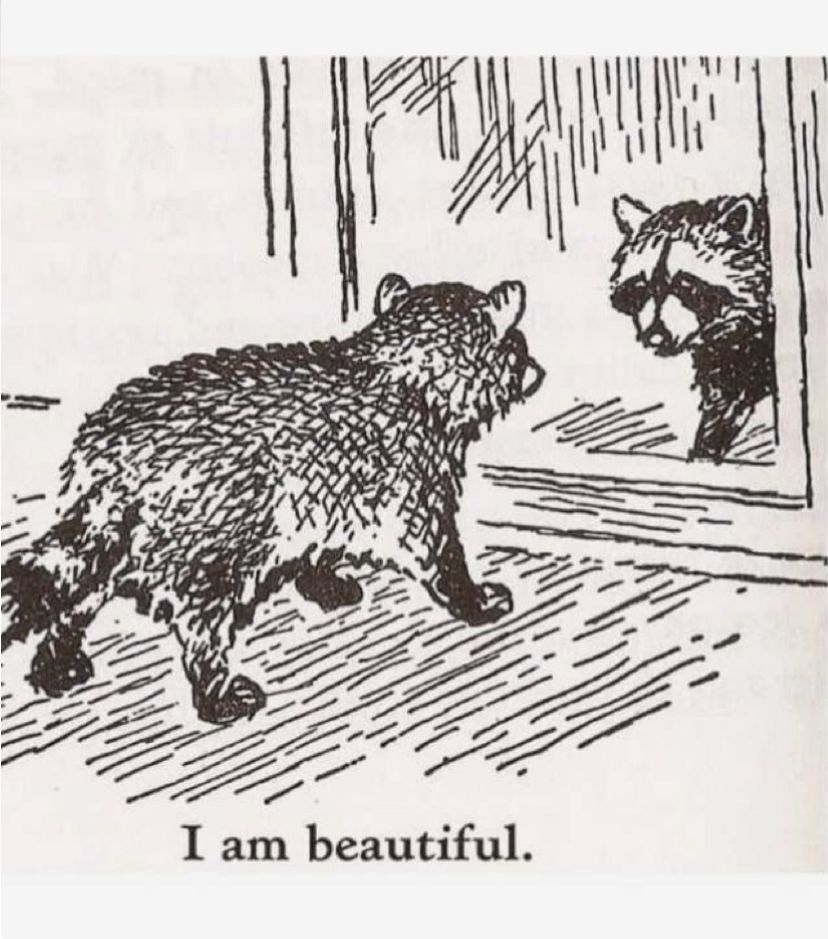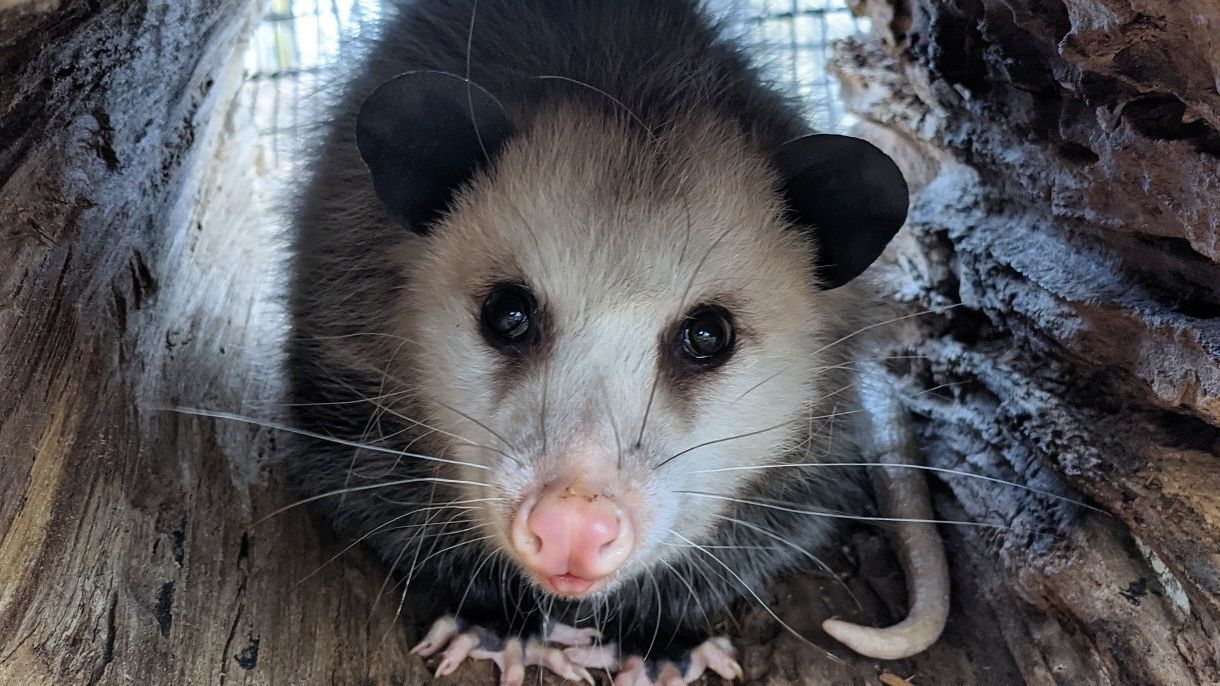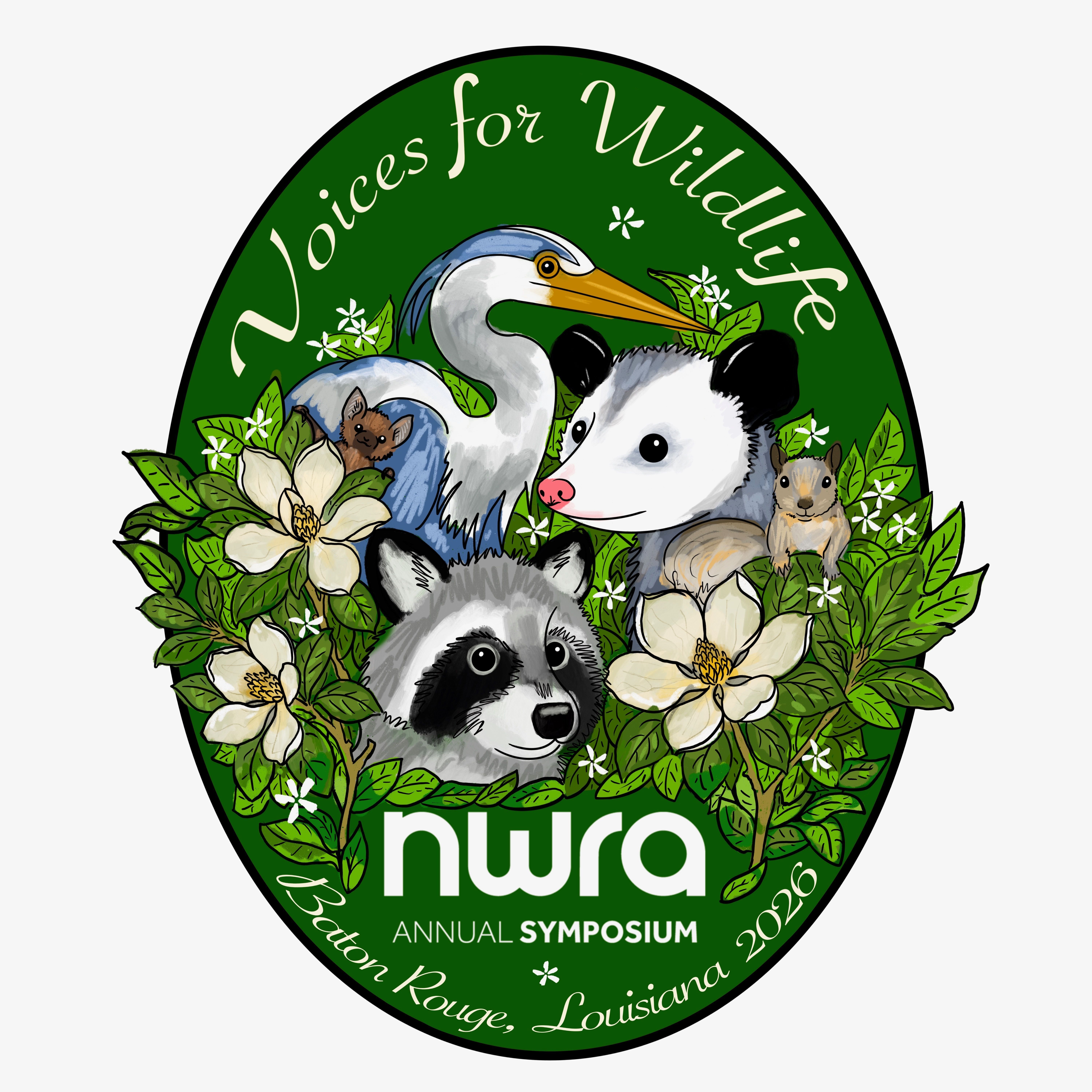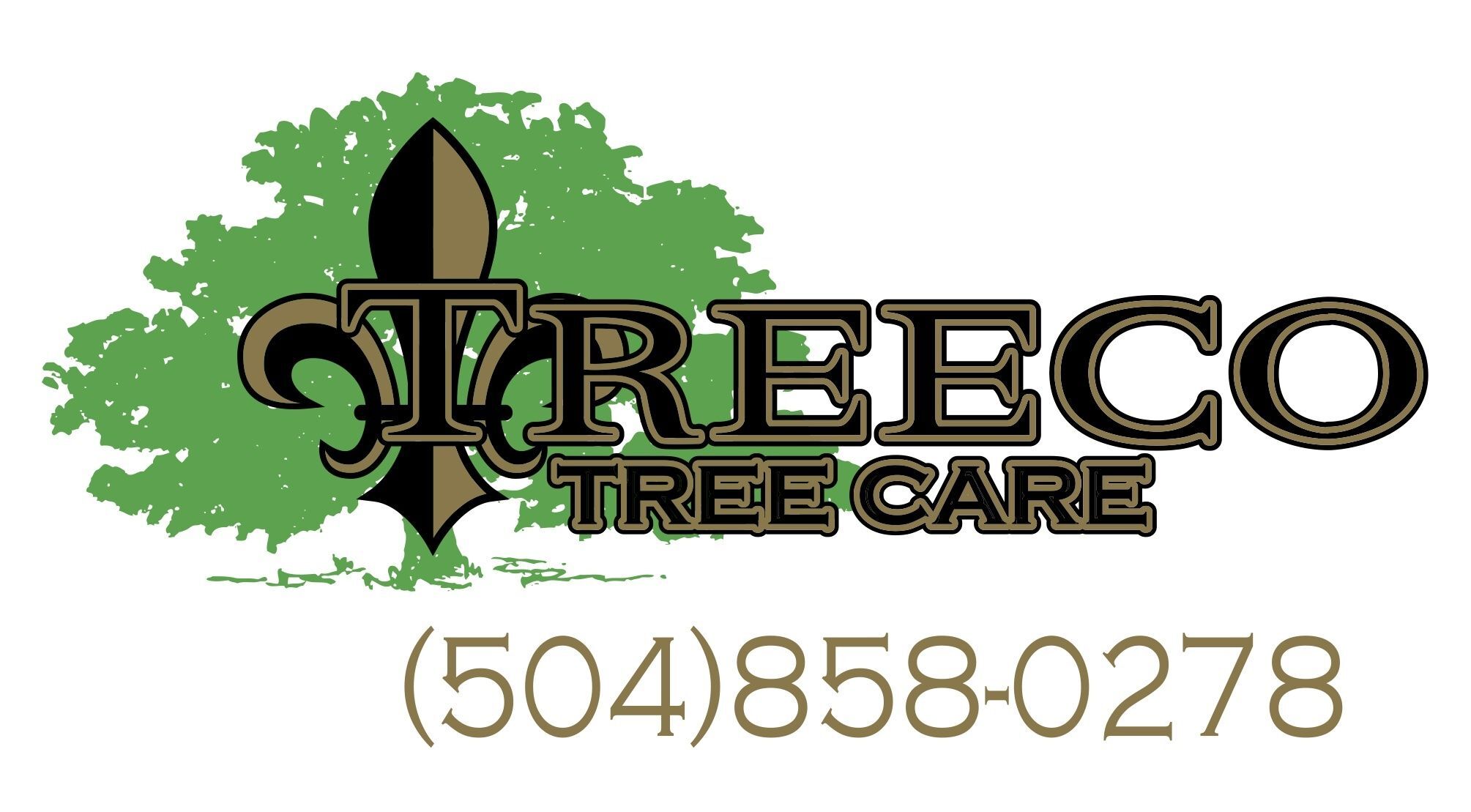
Raccoons, with their adorable masked faces and mischievous nature, may seem like appealing pets. Instagram posts with these goofballs interacting with other pets make them seem easy to fold into your family. However, there are several reasons why raccoons should not be kept as pets.
Wild Nature
Raccoons are wild animals, and their instincts are deeply ingrained. They are meant to live in the wild, where they can roam freely and exhibit their natural behaviors. Keeping them confined in a domestic setting can lead to frustration, stress, and behavioral issues.
Destructive Behavior
Raccoons are notorious for their destructive tendencies. They have sharp claws and teeth, which they use for foraging and climbing. When kept indoors, they can damage furniture, walls, and other household items. Additionally, their natural curiosity and intelligence make it difficult to keep them contained. They are highly intelligent and use those little hands to get into everything.
Health Risks
Raccoons can carry various diseases and parasites, including rabies, roundworm, and ticks. These pathogens can be transmitted to humans and other pets, posing a significant health risk. Vaccinating raccoons against these diseases is not a viable solution, as it can be costly and may not guarantee complete protection.
Legal Restrictions
In many jurisdictions, it is illegal to keep raccoons as pets without proper permits. It is illegal for anyone to have a pet raccoon in the state of Louisiana. This is primarily due to concerns about public safety, as raccoons can become aggressive when they feel threatened or cornered. Violating these laws can result in fines, confiscation of the animal, or other legal consequences.
Long Lifespan and Care Requirements
Raccoons have an average lifespan of 2-3 years in the wild, but they can live up to 20 years in captivity. Owning a raccoon requires a long-term commitment and specialized care. They need a large and secure enclosure, a varied and appropriate diet, and regular veterinary check-ups. Dogs can be kenneled when you travel... raccoons of course cannot - making it very difficult to leave them unless you have someone willing to care for them.
While raccoons may appear charming and entertaining, they are not suitable pets. Their wild nature, destructive behavior, health risks, legal restrictions, and long lifespan make them unsuitable for domestication. It is best to appreciate raccoons in their natural habitat and support conservation efforts to protect these fascinating creatures.









